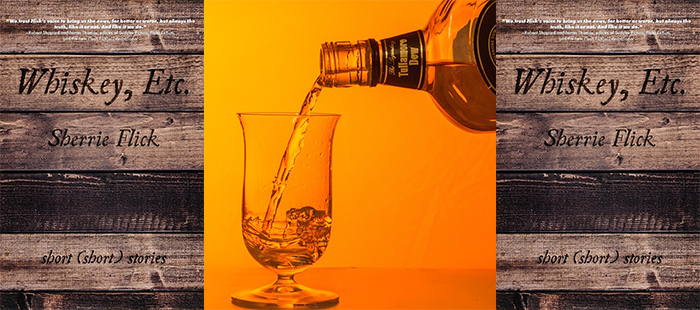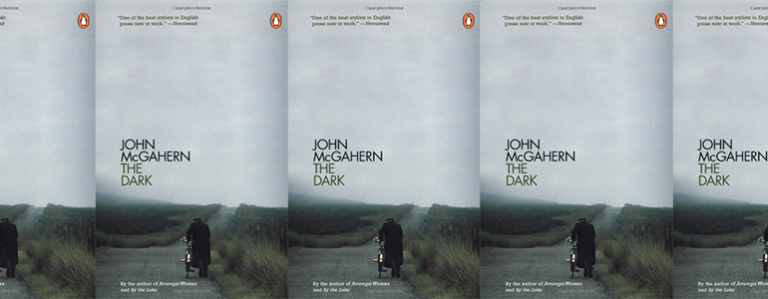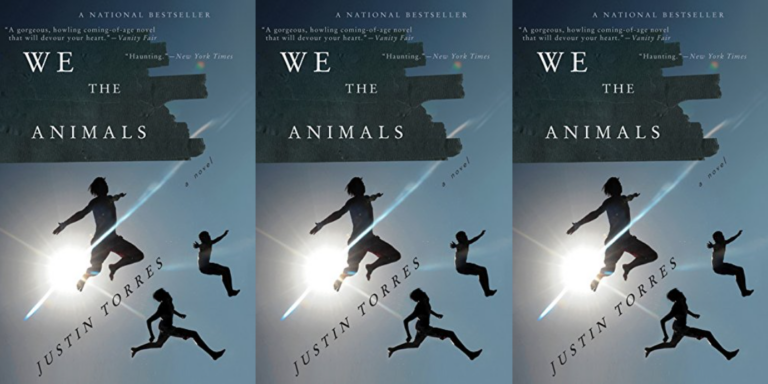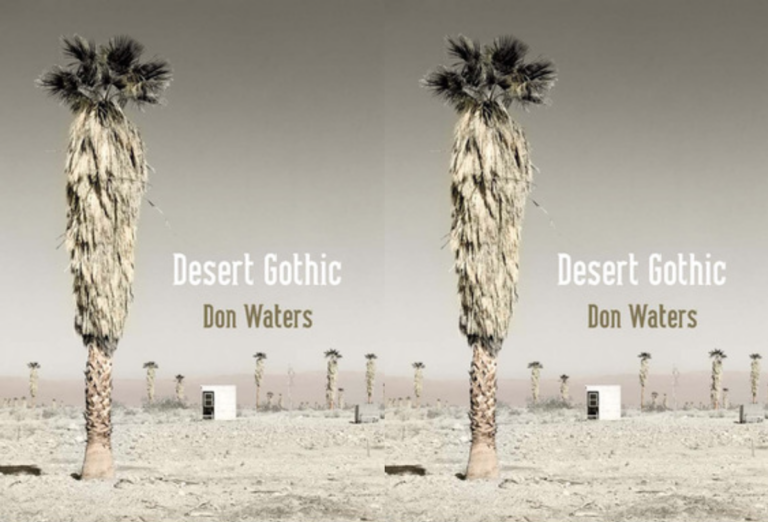Review: WHISKEY, ETC.: SHORT (SHORT) STORIES by Sherrie Flick

Whiskey, Etc.: Short (short) stories
Sherrie Flick
Queen’s Ferry Press, March 2016
224 pp; $16.95
Jane Austen famously compared her own work to that of a miniaturist creating portraits on small oval disks: a “little bit (two inches wide) of Ivory on which I work with so fine a Brush, as produces little effect after much labour.” While Austen was describing her own domestic fiction, her metaphor is an apt one for what is variously called flash, micro, or sudden fiction.
Sherrie Flick, author of Whiskey, Etc. is a virtuoso of this genre, many of the 57 stories in her collection originally published in leading literary magazines and anthologies. Like a master sketch artist, she implies whole lives in a few quick strokes. A yoga class humorously defies expectations, becoming a microcosm of a world the protagonist has romanticized but doesn’t fit into. A dead dog becomes a symbol for displaced family dysfunction. In her miniature portraits of a failed salesman transformed through food, a forgetful elderly woman, a young woman making dinner for a sometime-boyfriend at the same moment that he is dying, Flick examines seduction and heartbreak, the complications of new relationships, the dynamics of long-time ones, love, loss, and devastation.
Marked by quirky humor, pets as essential characters, and vivid descriptions of food and gardens that reflect Flick’s background as an expert gardener and food writer, these stories are, despite their brevity, unafraid of experimentation. Playing with voice and shifting points of view, unreliable and second person narrators, a story in chapters and another told entirely as a list of recollected details, Flick offers pieces that often exist at the crossroads where prose and poetry meet.
Like poems, these stories often rely on quiet turns rather than explosive climaxes, moments of epiphany or precise images that encapsulate the narrators’ longings, revelations, or shifted visions: a moth clobbering a light, a garden glowing in the sun, puddles in the bottom of a boat. Ultimately, Flick accomplishes beautifully what Brett Lott describes as the goal of flash fiction, offering bursts of “self awareness” that give the reader “the understanding that these few words she’s read have had hidden within them a realm far larger than any she could have imagined.”


